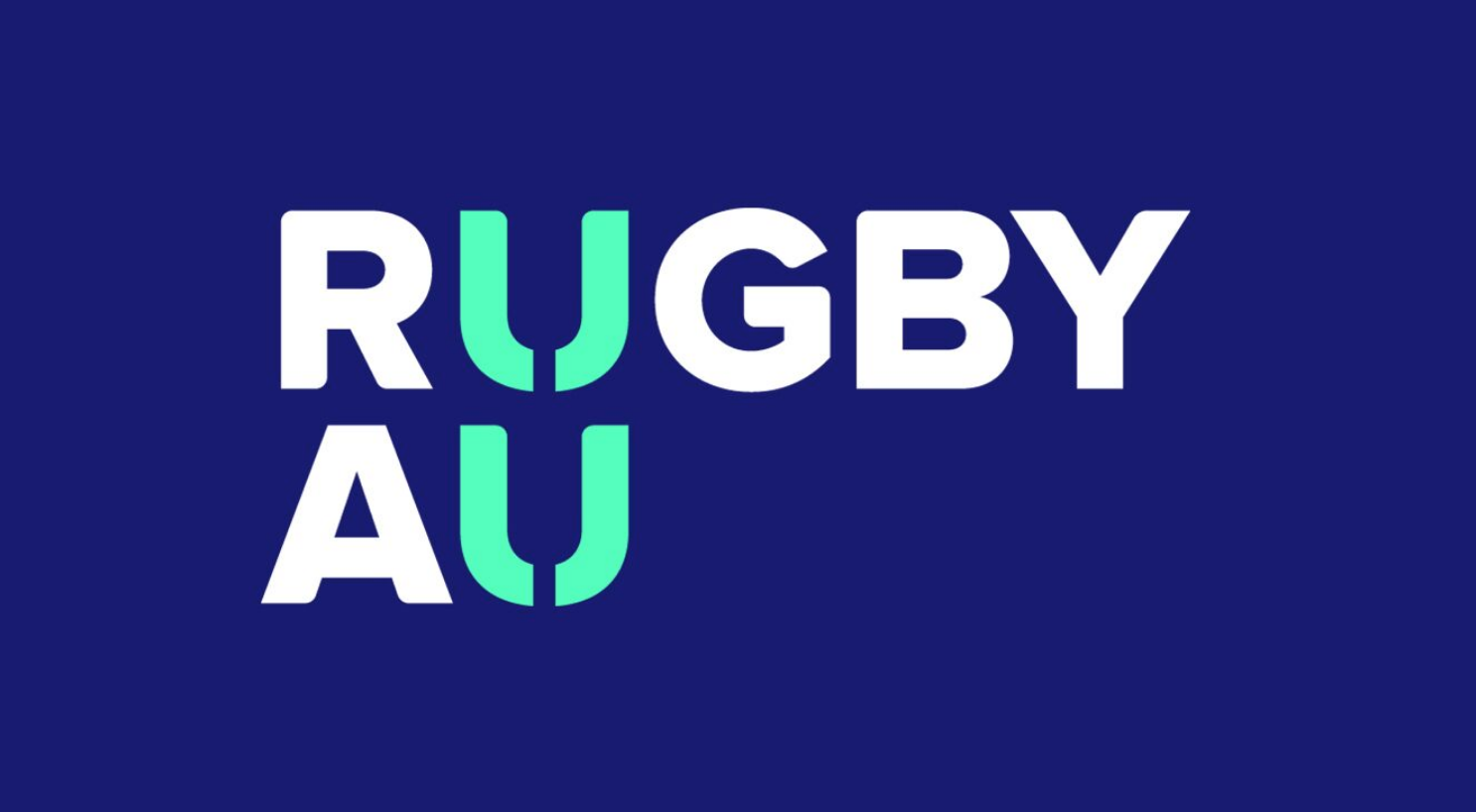D-Day for Rugby Australia over broadcast deal
D-Day is fast approaching for the game of rugby, Rugby Australia and its embattled CEO, Raelene Castle. The future viability of the code in Australia hinges squarely on the outcome of negotiations by Castle to secure a new broadcast agreement when the current five-year deal with Foxtel ends this year. But as Reputation Edge’s Patrick Southam explains, the product Rugby Australia is selling is nowhere near as appealing as it used to be.
It’s not an overstatement that the outcome of Rugby Australia’s broadcast negotiations will be make or break the organisation which relies on its broadcast partner to generate fan engagement and exposure for sponsors.
This week, RA will send out tender documents to Foxtel, Optus and Network Ten who have signed non-disclosure agreements. RA is keen to secure a five-year deal covering Wallabies tests, Super Rugby and club rugby for the first time.
There are unconfirmed reports the 2025 British and Irish Lions tour is included in the package which will be a popular drawcard, but that’s five years into the future.



Patrick, sounds like you have had fun recycling the News Ltd talking points playbook.
While the product is in decline as you say, Castle is not doing her job by simply taking the first offer put on the table by Foxtel.
Anyone who takes the first offer in any negotiation whether it be salary in a new job, an offer on your house or car is an idiot.
And let’s face it, what a wonderful partner News Ltd has proven to be over the last couple of months subjecting her and RA to a range of pretty rank attacks because they didn’t get their way.
As with Premier League (it is clear you are not an Optus subscriber) their coverage has been excellent. In fact, their football coverage has been better than when Foxtel had it, so I would say they must be doing something right if they have double Kayo’s subscribers.
Instead of a poor recycling of the general story floating around the market, why not take another angle. Maybe try to get a source to provide some information on the recent changes RA has made internally related to this, or even get a quote from an actual expert in the sports rights game. Your fourth Mumbrella article criticising RA. Sensing a trend considering you don’t appear to have any expert affiliation with rugby, RA, or sports in general (AOC aside). Mumbrella, at what point do you get your contributors to vary their topics?
Also missing from the agenda is the negative direction Rugby is taking on the field. Driving mauls plus complicated rules governing the ruck and maul at the breakdown is producing boring visual with referees blowing up every 3-4 minutes and players being sent off for trivial infringements. Fans are voting with their wallets and turning away, including this little duck.
I really don’t understand why world rugby has not already established a global streaming platform. It would not cost a lot and would provide subscription revenue directly to the game, with the potential to pick up extra income by limiting the hosting in each country to an Optus or whatever. It would promote the game in places where the reach is weak. It would shed the influence of Fox and others who play bullying bluff with contracts. And it would allow fans to see the best at any time.
That is easily the best suggestion I have seen for a game that, in this country, is potentially in death throes. Notwithstanding the rhetoric of some here who would support RA I would respectfully suggest the game is abysmally managed.
I don’t think they will get anywhere near $100 million but whatever the outcome there must be a FTA component. This has to include Brisbane and Sydney club games (one each), FTA for at least one SR game in prime time and NRC or National Club competition (or both) on FTA. A lesser deal but with FTA games is more important thanb all games behind the paywall.